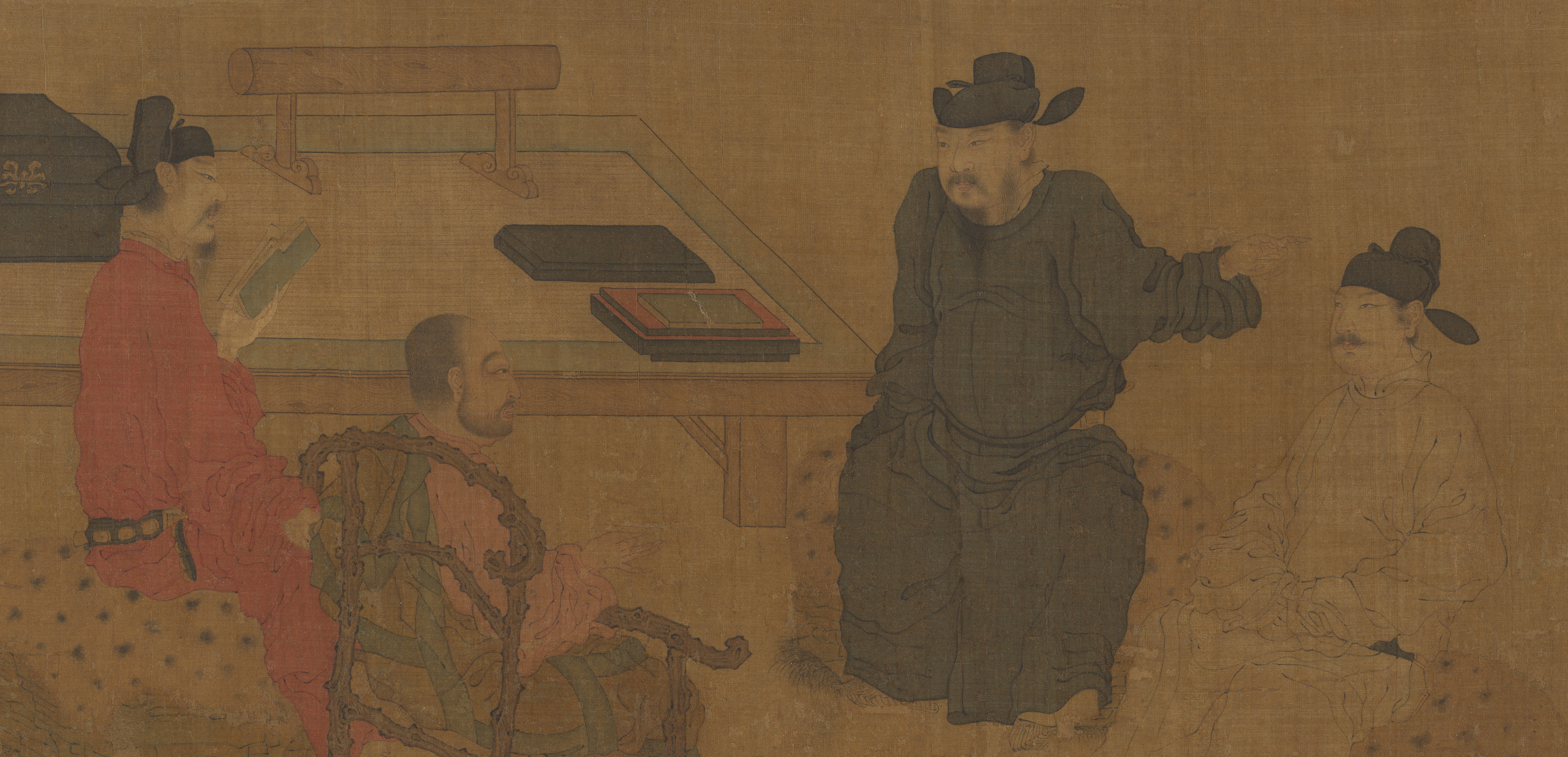
Dialogue often connotes inclusiveness, openness, conflict resolution, and truth-seeking. It is both a civic process and a literary form most famously associated with the philosophical writings of Plato. Nonetheless, even in the Platonic dialogues not every voice or perspective is always equally represented, thereby exposing the hidden dangers of a seemingly democratic form. This course looks into the promise and peril of the dialogic form through a diverse selection of premodern Chinese writings we now separate into different genres: poetry, history, philosophy, as well as more technically-oriented works like medicine, civil engineering, and military strategies. It highlights a vibrant tradition of dialogic compositions that are not always recognized as such but has tremendous implications for our understanding of the form. In addition, we also read foundational works from both other literary traditions and from modern literary theories for context and comparison. All readings are in English, with Chinese originals available to the linguistically more advanced.
By the end of the course, you will have (1) surveyed a broad range of dialogic writings in classical Chinese literature, both canonical and newly discovered, (2) close-read a selection of theoretical and comparative works from and about other traditions, (3) practiced essential skills in analytical reading, thinking, and writing and (4) challenged yourself to a scholarly topic—and approach—that is both deeply disciplinary and broadly interdisciplinary.
By the end of the course, you will have (1) surveyed a broad range of dialogic writings in classical Chinese literature, both canonical and newly discovered, (2) close-read a selection of theoretical and comparative works from and about other traditions, (3) practiced essential skills in analytical reading, thinking, and writing and (4) challenged yourself to a scholarly topic—and approach—that is both deeply disciplinary and broadly interdisciplinary.
- Teacher: Benjamin Ridgway
- Teacher: Zhuming Yao
